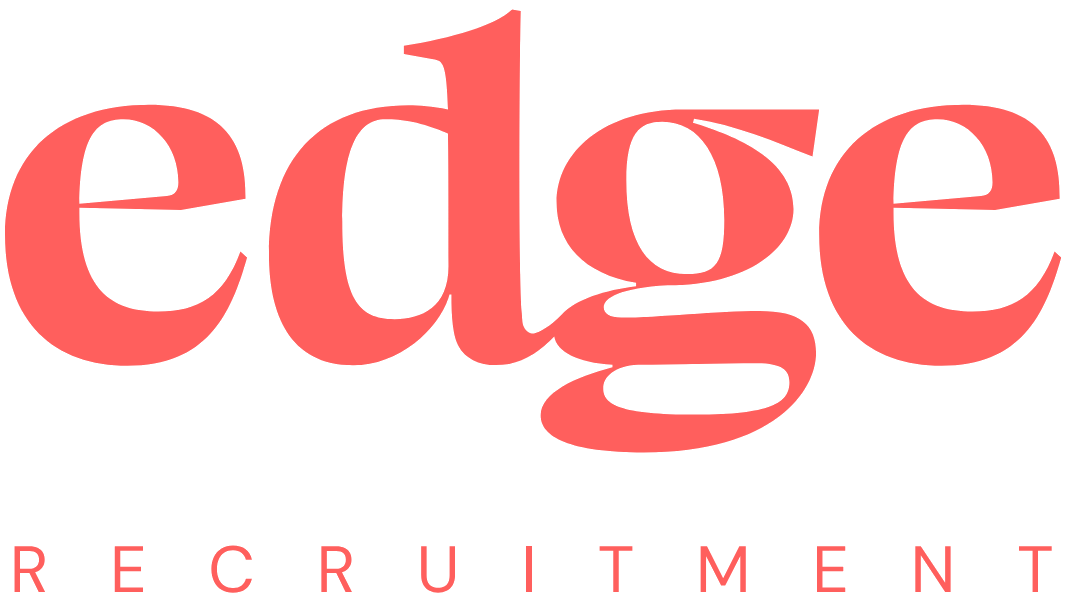
Office Manager
Welcome to Edge Recruitment
Role of an Office Manager
An Office Manager is a key administrative professional responsible for overseeing the daily operations of an office. This role involves managing administrative staff, coordinating office activities, and ensuring a smooth and efficient working environment. Office Managers are pivotal in maintaining an organised, productive, and positive workplace.
Key Responsibilities:
- Office Operations Management:
- Daily Operations: Oversee the day-to-day activities of the office, ensuring all operations run smoothly.
- Supplies and Inventory: Manage office supplies inventory, order new supplies as needed, and ensure equipment is maintained and functional.
- Facility Management: Coordinate maintenance and repair of office equipment and facilities, liaising with service providers and vendors.
- Administrative Support:
- Staff Supervision: Manage administrative staff, including hiring, training, and performance evaluations.
- Policy Implementation: Develop and enforce office policies and procedures to improve efficiency and compliance.
- Document Management: Organise and maintain office files and records, both digital and physical.
- Financial Administration:
- Budget Management: Prepare and manage the office budget, ensuring cost-effective operations.
- Expense Tracking: Monitor and report on office expenditures, process invoices, and manage petty cash.
- Payroll Coordination: Assist with payroll processing and ensure accurate and timely payments to staff.
- Communication and Coordination:
- Internal Communication: Facilitate communication within the office, ensuring staff are informed of policies, changes, and updates.
- Meeting Coordination: Schedule and coordinate meetings, prepare agendas, take minutes, and follow up on action items.
- Event Planning: Organise office events, meetings, and conferences, including logistics and catering.
- Health and Safety Compliance:
- Regulatory Compliance: Ensure the office complies with health, safety, and regulatory requirements.
- Safety Procedures: Develop and implement office safety procedures and emergency plans.
- Support to Executives:
- Executive Assistance: Provide administrative support to senior executives, including calendar management and travel arrangements.
- Reporting: Prepare reports, presentations, and correspondence for executives.
Key Skills and Attributes:
- Organisational Skills: Exceptional ability to manage multiple tasks and maintain an orderly work environment.
- Leadership Skills: Strong leadership and management abilities to supervise staff and foster a positive work culture.
- Communication Skills: Excellent verbal and written communication skills for effective interaction with staff and external partners.
- Problem-Solving Abilities: Proactive approach to identifying and resolving issues efficiently.
- Time Management: Effective time management skills to prioritise tasks and meet deadlines.
- Technical Proficiency: Proficiency with office software such as Microsoft Office Suite (Word, Excel, PowerPoint, Outlook) and office management tools.
- Attention to Detail: Meticulous in ensuring accuracy and completeness in all tasks and documentation.
- Financial Acumen: Ability to manage budgets and expenses effectively.
Importance of the Role:
An Office Manager plays a crucial role in ensuring the smooth functioning of an office. By managing administrative tasks, coordinating activities, and supervising staff, they help create a productive and organised work environment. Their efforts enable the rest of the team to focus on their primary responsibilities, ultimately contributing to the overall success of the organisation.

